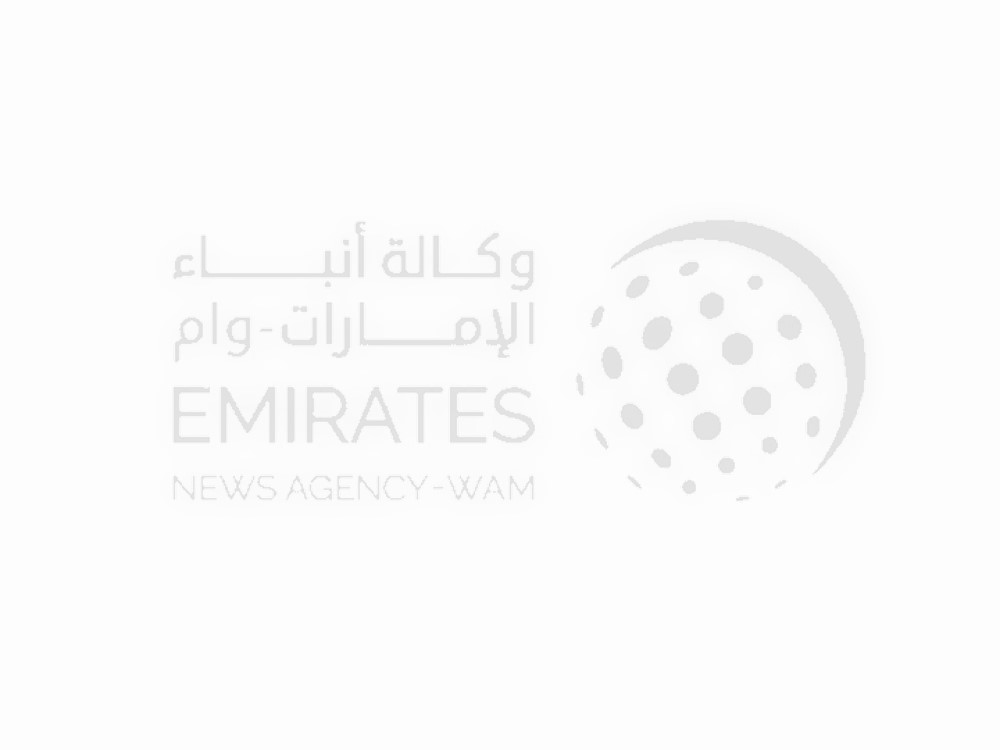Dubai Economy issues 32,158 new licences during first 10 months of 2020

DUBAI, 24th November, 2020 (WAM) -- The Business Registration and Licensing, BRL, sector in Dubai Economy issued 32,158 new licences during the first 10 months of 2020, an increase of 6% compared to the same period last year.
Among the new licenses issued during the first 10 months, 57% were professional and 42% commercial.
The numbers, recorded on the Business Map (www.dubaibusinessmap.ae) digital platform of BRL, reflect Dubai Economy’s efforts in delivering value-added services to the public in Dubai to facilitate doing business.
Bur Dubai accounted for the largest share of new licences at 16,199, followed by Deira (15,908), and Hatta (51). The top sub-regions were: Burj Khalifa; Al Garhoud; Al Fahidi; Oud Al Muteena 3; Port Saeed; Trade Centre 1; Oud Metha; Qubaisi; Al Nahda 1; and Umm Al Ramool.
The stakeholders who secured the new licences reached 102,072 with 89% businessmen and 9% women entrepreneurs. The rest were distributed to companies and groups.
Sole Establishments accounted for 38% of the total, while Limited Liability companies accounted for 32%, followed by Civil works companies 26%.
The rest of the legal forms included One-Person Limited Liability Companies; Branches of companies based in other Emirates; Branches of Free Zone Companies; Branches of Foreign Companies; General Partnership Companies; Public Shareholding Companies; Private Joint-Stock Companies; and Government Liaison Office.
The report showed that the top economic activities for the new licenses were: Project management services; Dyes and paints; Floor and wall tiling; Carpentry and flooring; Building and housing cleaning services; Plaster works; Plumbing and sanitary installations; Installation and maintenance of HVAC systems; Wallpaper installation; and Installation of suspended ceilings and light partitions.
The Business Map seeks to reflect the economic realities in Dubai by providing vital data on each licence category including their numbers and distribution as well as investor trends on a monthly basis. It includes an interactive guide explaining the geographic distribution and concentration of major business activities and the rate of urban growth in terms of expanding neighbourhoods and business licenses.